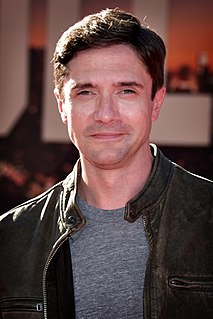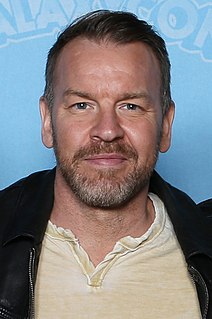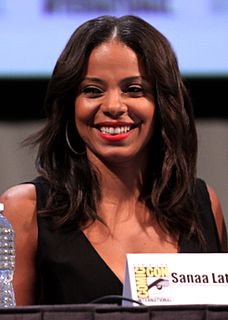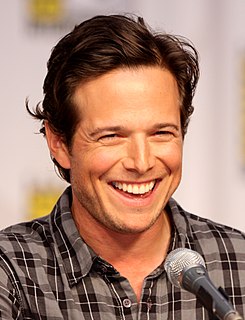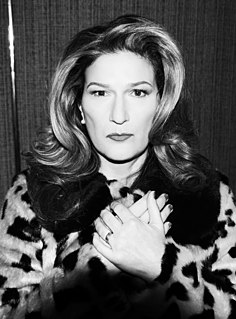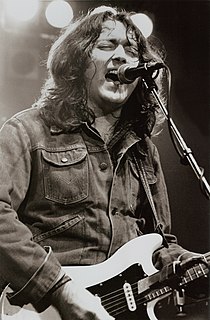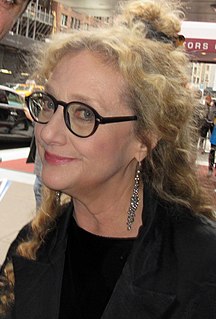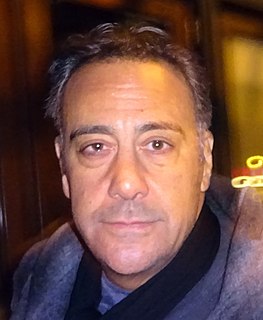A Quote by Topher Grace
The great thing about a sitcom is that you're in front of a live audience, so you really get in touch with what audience reaction is, but also there are lots of elements of film that you're dealing with, and there's kind of a great boot camp or graduate school mentality to it, because you're going to suck.
Related Quotes
We played a show the other week at this festival and it was an audience that I'd never normally play in front of. That's one the greatest things about festivals: you don't always get your audience, you get people who just pop in out of curiosity. The reaction was amazing; there were people dancing, which we've never had, I guess because the message is pretty powerful and the performance is a lot more visceral than it has been previously. The audiences seem to be reacting to that really well and it's a wonderful thing, because at a performance you really bounce off your audience.
Playing live is much more natural for me. The instant reaction and the feedback from the audience is great for me. I really relish it. And if you play blues-based music, it's not really academic music or recital music. It really needs a bit of atmosphere and a bit of interplay and a bit of roughness, and you really get that with an audience.
We are a band that stylistically crosses a lot of barriers and generational gaps. The heavier portion of the band, the modern music elements, the visual part of the band appeal to a younger audience. For an older audience, we have chops and great songs that are reminiscent of the things that were great about rock and roll when they enjoyed it. We're the kind of band that can cross those lines.
The first thing I say when people ask what's the difference [between doing TV and film], is that film has an ending and TV doesn't. When I write a film, all I think about is where the thing ends and how to get the audience there. And in television, it can't end. You need the audience to return the next week. It kind of shifts the drive of the story. But I find that more as a writer than as a director.
I think I'm better wired for television. I love variety as far as a project. I'm easily bored and the schedule of a television show, it just keeps you going. I love theater and I think doing a sitcom in front of a live audience is the closest you can get to theater, and it's really the best mix of like standup and theater, is really a sitcom. I started as a standup and I still continue to do that as well, so I think I'm just a TV guy and happy for it. I think my movie career is kind of like my social life, I'm picky and not in demand. So it perhaps is working out.
I was a 36C or D, and at 5' 1'', I knew that being a small person with big boobs standing in front of an audience was not going to be easy. It would be really hard to get people to pay attention to me without mocking me. Getting a breast reduction to prepare for my career was no different from people who work to get good grades to get into a good college to get into a good graduate school to get a good job. I went down to a B cup, and it was the best thing in the whole world.
I have a lot of friends who were stand-ups, and they just stopped after a while, because they didn't like that battle, or they just couldn't do it. And then they would get on a sitcom and get visible and get back into it, because the audience was just way easier on them. But they lost those crucial years of learning to turn any audience into your audience.
